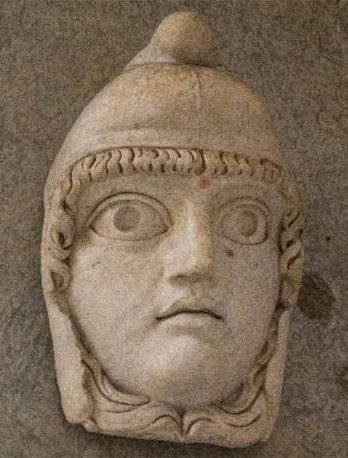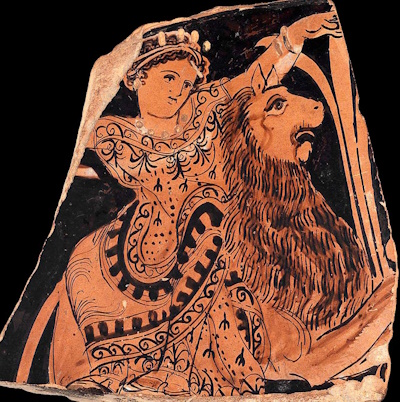| This is one of
Catullus's longer poems, and a major work. It may seem
very puzzling to a reader coming to it unprepared. A
post on the Snakeskin
blog explains something of the poem's context, and
discusses the challenge it gives to the translator. |


